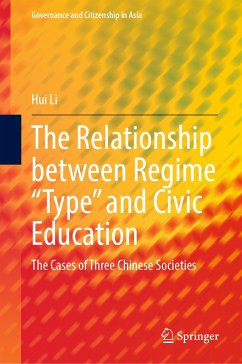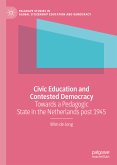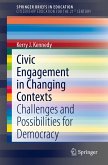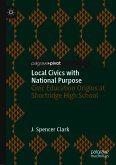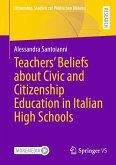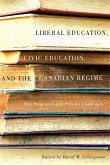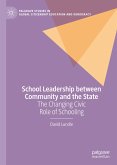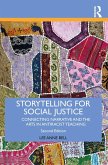Using comparative qualitative methodology, this book examines three Chinese societies, Taiwan, Hong Kong, and Mainland China, as specific cases of democratic, hybrid and authoritarian regimes, presenting the theoretical underpinnings of civic education in contexts other than liberal democracy. It highlights on the concept of 'good citizens' in these three regime contexts and explores how these concepts are reflected in civic education and perceived by students in the three societies. The book focuses on three levels of comparison to ensure that all relevant issues can be identified: Level 1: regime "type"; Level 2: curriculum and policy formulations; Level 3: students' personal experiences. These three levels are linked with each other and form a continuous process of civic education implementation in Taiwan, Hong Kong, and Mainland China.
Dieser Download kann aus rechtlichen Gründen nur mit Rechnungsadresse in A, B, BG, CY, CZ, D, DK, EW, E, FIN, F, GR, HR, H, IRL, I, LT, L, LR, M, NL, PL, P, R, S, SLO, SK ausgeliefert werden.

